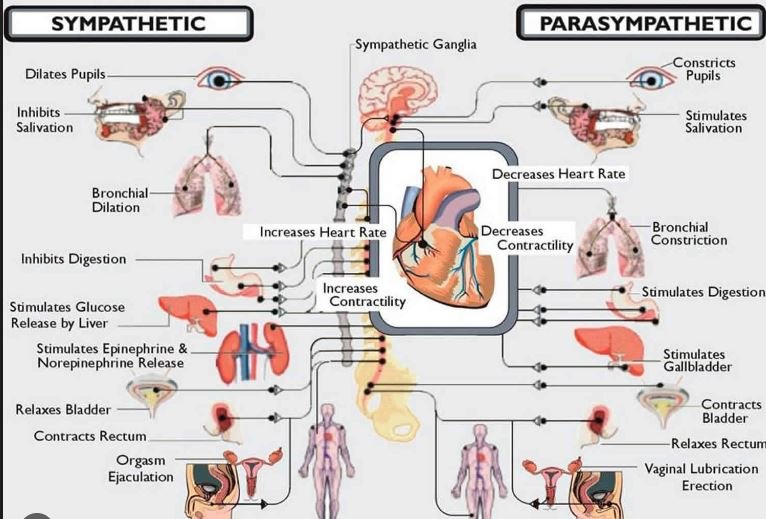Emotional intelligence (EI) is the ability to understand, manage, and express one’s emotions while also being able to empathize with others. It is a crucial skill in today’s world, affecting our relationships, decision-making, and overall mental health. Haptonomie, a therapeutic approach that focuses on the significance of touch, offers unique methods to enhance emotional intelligence. By exploring the principles of Haptonomie, individuals can develop a deeper understanding of their emotions and improve their interpersonal relationships.
Understanding Emotional Intelligence
1. What is Emotional Intelligence?
Emotional intelligence comprises several components, including self-awareness, self-regulation, social awareness, and relationship management. It allows individuals to recognize their emotions, understand how those emotions influence their behavior, and respond to others with empathy and compassion. High emotional intelligence is linked to better communication, stronger relationships, and improved mental health.
2. The Importance of Emotional Intelligence
In both personal and professional settings, emotional intelligence plays a vital role in fostering healthy interactions and enhancing collaboration. Individuals with high EI are often better at resolving conflicts, understanding others’ perspectives, and building meaningful connections. As such, developing emotional intelligence is essential for personal growth and success in various aspects of life.

The Role of Touch in Haptonomie
1. The Power of Touch
Haptonomie emphasizes the significance of touch as a means of communication and connection. Touch is a fundamental human experience that conveys emotions in ways that words often cannot. It can express empathy, support, and understanding, allowing individuals to connect on a deeper level.
Research shows that physical touch activates areas of the brain associated with emotional processing, leading to increased feelings of safety and trust. This emotional connection fosters an environment where individuals can explore their feelings and develop greater self-awareness.
2. Touch as a Tool for Emotional Expression
In Haptonomie, touch is used as a therapeutic tool to facilitate emotional expression. By engaging in touch-based practices, individuals can learn to identify and articulate their emotions more effectively. This enhanced ability to express feelings contributes to improved self-awareness and emotional regulation, both of which are critical components of emotional intelligence.
Enhancing Emotional Intelligence Through Haptonomie
1. Building Self-Awareness
Haptonomie encourages individuals to become more attuned to their emotions through touch. By practicing mindful touch—whether through self-massage, partner touch, or group exercises—individuals can develop a greater awareness of their emotional states. This self-awareness is essential for recognizing triggers and understanding how emotions influence behavior.
For instance, individuals may practice being present during touch interactions, paying attention to how certain touches evoke specific emotions. This awareness can lead to insights about emotional responses and patterns, ultimately enhancing self-understanding.
2. Improving Emotional Regulation
Haptonomie practices can also help individuals learn to manage their emotions more effectively. Techniques that incorporate touch can promote relaxation and reduce anxiety, making it easier to regulate emotional responses in challenging situations. As individuals become more skilled in recognizing their emotions, they can respond to them in healthier ways.
For example, when faced with stress or frustration, a simple touch exercise—such as holding hands or practicing deep breathing with a partner—can create a calming effect. This practice not only helps individuals manage their emotions but also fosters emotional resilience.
3. Fostering Empathy and Social Awareness
Haptonomie emphasizes the importance of connection and empathy in relationships. Engaging in touch-based exercises with others can enhance social awareness and promote empathetic responses. When individuals practice touch in a supportive environment, they become more attuned to the emotions of those around them.
Through Haptonomie, individuals learn to read non-verbal cues and respond to the emotional needs of others. This skill is essential for building strong relationships and creating a sense of community. As empathy increases, individuals develop a deeper understanding of the emotional landscape of their relationships.
Practical Applications of Haptonomie for Emotional Intelligence
1. Touch-Based Exercises
Incorporating touch-based exercises into daily life can significantly enhance emotional intelligence. Some practical exercises include:
- Partner Touch Exercises: Engage in gentle, mindful touch with a partner, focusing on how different touches elicit various emotional responses. Discuss feelings and experiences afterward to enhance understanding.
- Self-Touch Practices: Practice self-massage or gentle touches to various body parts while reflecting on emotional states. This exercise encourages self-awareness and emotional exploration.
- Group Touch Activities: Participate in group sessions where touch is used to create connections and build trust. These activities promote social awareness and foster a sense of belonging.
2. Mindfulness and Reflection
Mindfulness plays a crucial role in enhancing emotional intelligence through Haptonomie. By practicing mindfulness during touch interactions, individuals can cultivate a deeper understanding of their emotions and those of others. Taking time for reflection after touch exercises can reinforce insights and promote personal growth.
Conclusion
Haptonomie offers a unique approach to enhancing emotional intelligence through the power of touch. By building self-awareness, improving emotional regulation, and fostering empathy, individuals can develop crucial interpersonal skills that positively impact their relationships and overall well-being. Integrating touch-based practices into daily life can lead to significant personal growth, making Haptonomie a valuable tool for enhancing emotional intelligence in today’s complex world.




